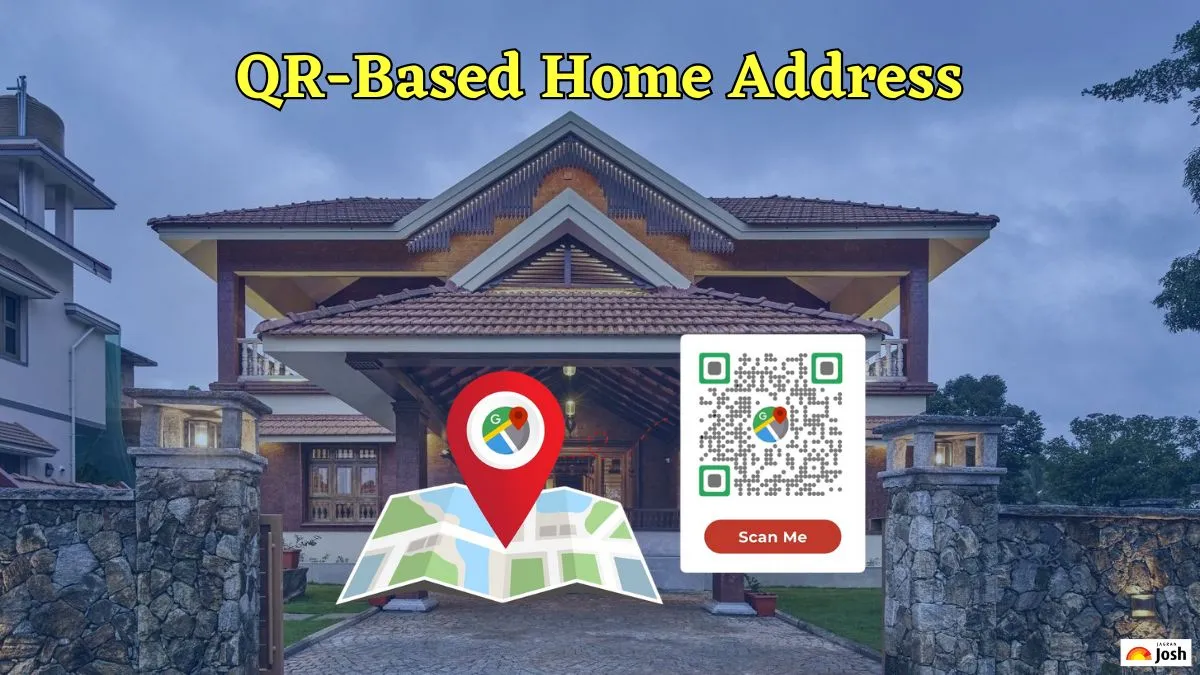The Indore Municipal Corporation (IMC) has initiated the Digital House Address Project, a historic step under India's Smart Cities Mission, replacing traditional address formats with QR codes and GPS technology. This nation's first-of-its-kind project is expected to standardize India's disorganized addressing system, enhance municipal service delivery, and rethink urban governance.
Get a QR for your Home Address
After a successful pilot in Sudama Nagar's Ward 82, the project recently went live, signaling the start of a citywide deployment. It provides a scalable concept for digital urban infrastructure and is the first official implementation of QR-based address plates in India. It also integrates smoothly with the country's Digipin system.
Digital address standardization is becoming more and more popular across the country, as seen by the NDMC in New Delhi proposing a similar project.
QR-Based Home Address: Key Features
-
QR-Coded Plates: A metal plate bearing a distinct QR code is given to each household.
-
GPS Precision: Accurate property identification is ensured by QR codes that are connected to precise geographic coordinates.
-
Digipin Integration: The Digital Postal Index Number (Digipin) of the central government is synchronized with addresses.
-
Direct Civic Access: Using a mobile scan, citizens can access utility services, file complaints, and pay taxes.
-
Smart City Linkage: In keeping with the goals of Digital India and Smart Cities in India.
QR Home Address Aim
-
Make identifying addresses easier
-
Improve the services that are provided
-
Boost emergency response
-
Digitize the public address
-
Establish data-driven governance
How will it Work?
Each house gets a digital address plate installed. The QR code on this plate can be scanned using a mobile phone. Once scanned, the exact location and address details of the house are shown. Through this system, people can also access a portal where they can pay taxes, file complaints, or check their property records easily.

Comments
All Comments (0)
Join the conversation